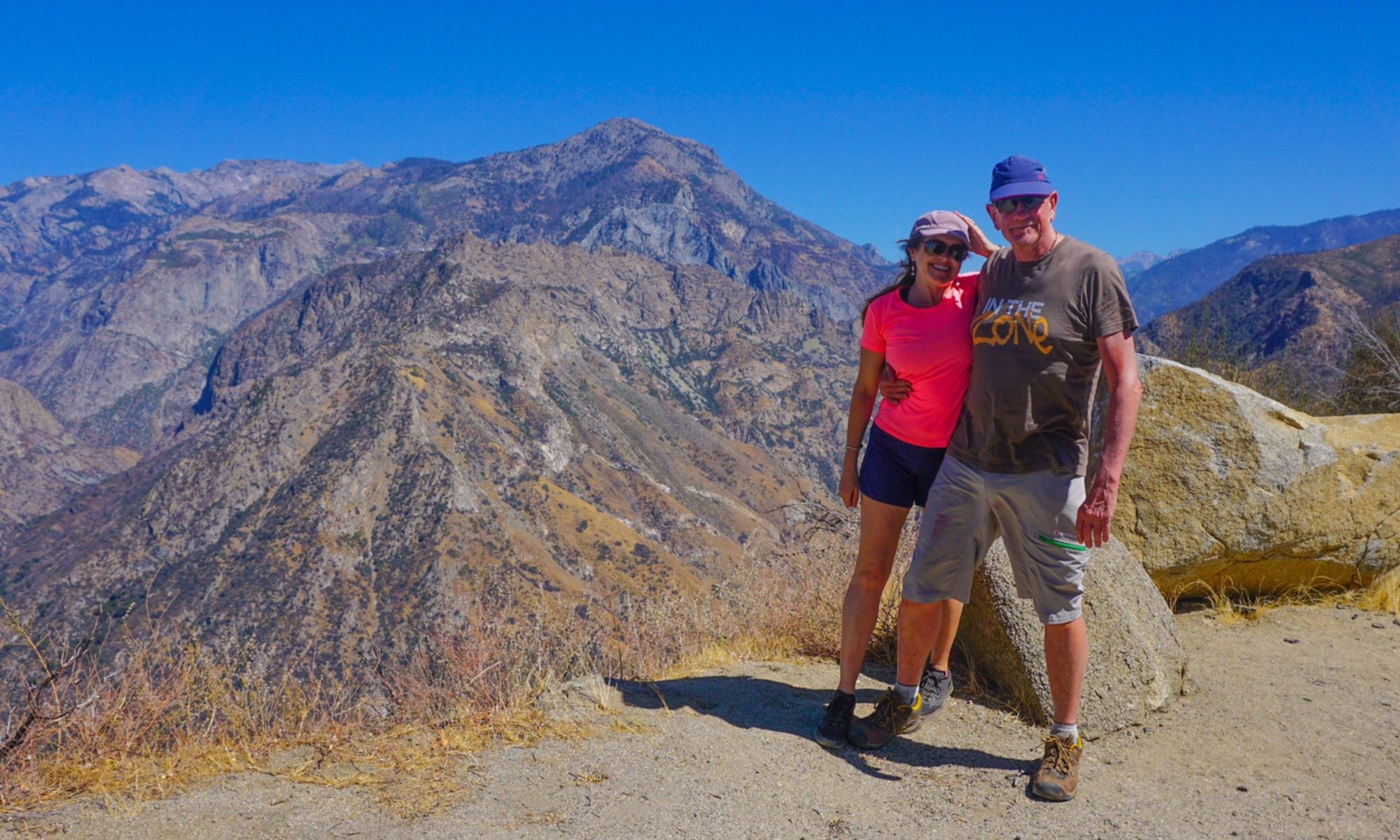Author: Mrs A
Location: The Hermitage, Dunkeld & Invergarry, Scotland
Let me start by saying a huge thank you for all the many messages of support and appreciation after Mr A’s thoughtful and amazing post yesterday. I’m feeling very warm and loved indeed! I had a great time at the conference in Edinburgh, made lots of new contacts and reconnected with those I have met and chatted to before. There’s much more work to be done in the future – I am helping with a couple of research papers and helping give advice to PhD students in the UK and USA working on research studies with iSGS patients…and another conference to attend and present at next year as well – so definitely keeping myself busy in the downtime.
After all the excitement of the conference in Edinburgh we decided to continue on our way, and Saturday morning saw us pointing our nose towards the Isle of Skye. While theoretically we could have driven there in a day, we decided to see some places on the way. I did a little research and found a National Trust place called The Hermitage.

The Hermitage was created in the early 1800s by a duke who wanted to honour a blind baird. It was part of the designed landscape of Dunkeld extending from the River Tay along the River Braan to Rumbling Bridge, a distance of approximately 1 mile (1.5km). It’s a beautiful woodland area and we read it was accepted for motorhomes to park up here overnight.

We decided to do the 8.5 km circuit walk from the car park. It wound through beautiful woodland of Douglas Fir trees (the tallest trees in the UK) following the River Braan. The river roared alongside us for much of the hike, punctuated by the odd splash which may have been salmon swimming upstream, as they apparently do here at this time of year.
















The Braan circuit was one of the loveliest walks we have done, and highly recommended if you’re heading in this direction.
After a peaceful night’s sleep we headed off on Sunday morning with a similar plan – aiming for another free overnight location beside another river with some more walking.


This time we headed for a spot beside the River Garry, just down from Loch Garry. It sounds like a comedy name (where are Loch Kevin and Loch Darren we wondered?) but oh so picturesque. This is located just north of Fort William where we stopped for some food shopping on our way.

After parking up we put on the walking shoes again and set off for an explore. We were rewarded with another spectacular circuit walk, 7.5 km of scenery worthy of Lord of the Rings, moss carpeted woodland, the river Garry babbling alongside us for much of the way.


Other than a group of wild mushroom pickers(!) at the start of the hike we were by ourselves for the whole walk, a lovely magical experience.








All visitors were gone by 5pm, leaving us to a peaceful night with just the sound of the water for company. Just lovely.

This is surely what makes travelling in the off peak period so appealing – the ability to park up somewhere spectacular, enjoy the scenery and serenity as though it were your own. And having our home with us, this is absolutely possible.
We are often asked whether all this travelling gets tiring. We have to answer no. While there are some downsides (missing our friends, family and fur child) the upsides are many. If we were having to live out of a suitcase and unpack and repack on a regular basis, it would be tiring. But in our case, we have our own comfortable bed, with our own pillows and bedding, our clothes are always on hand, and we can cook, eat and drink whatever we like with our own pots and pans, herbs, spices and ingredients. The main thing that changes is the view outside our window, and that’s just the way we like it.







